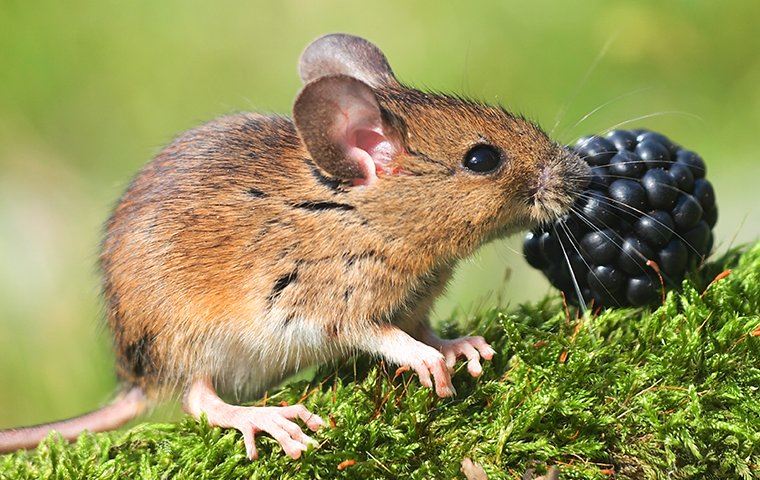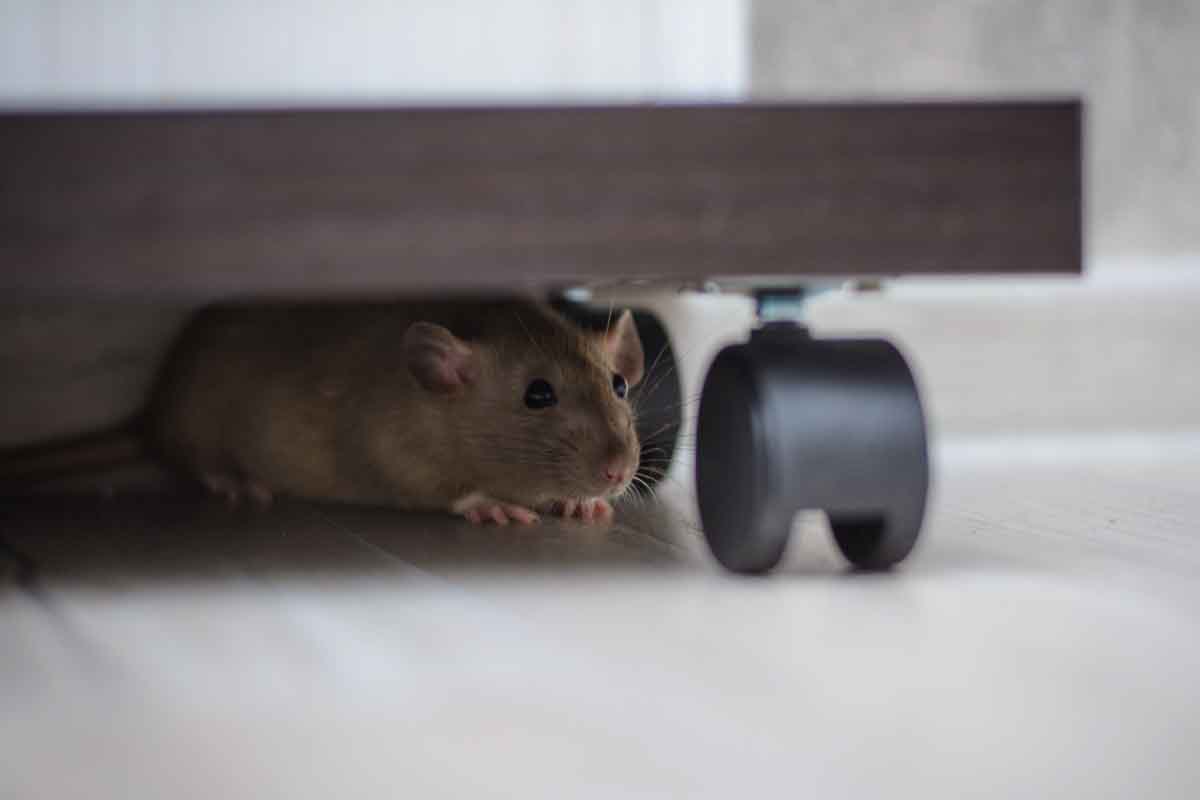When it comes to maintaining a thriving garden, one of the biggest challenges gardeners face is dealing with unwanted pests, particularly rodents. These pesky creatures not only cause damage to plants but can also disrupt the ecosystem you've worked hard to cultivate. Fortunately, there are a variety of natural rodent control solutions for garden enthusiasts to explore. By using these methods, you can effectively manage rodent populations without resorting to harmful chemicals, ensuring a safer environment for both your garden and the surrounding wildlife.
In this article, we will explore some of the most effective natural rodent control solutions for garden lovers, providing you with actionable strategies to protect your plants and maintain the ecological balance of your outdoor space.

Why Choose Natural Rodent Control?
The use of natural methods to control rodents in your garden offers several benefits. Firstly, it minimizes the risk of harm to non-target species, including pets and beneficial insects that play a crucial role in pollination and pest control. Additionally, natural solutions are often more sustainable and environmentally friendly, preventing the contamination of soil and water sources that can occur with chemical rodenticides.
Moreover, opting for natural rodent control aligns with the principles of organic gardening, which emphasizes the use of organic materials and practices to create a healthier ecosystem. By choosing natural methods, you're contributing to the long-term health and vitality of your garden.
Understanding Rodent Behavior
Before implementing any control measures, it's essential to understand the behavior of rodents. Common garden rodents include mice, rats, and voles, all of which have different feeding habits and nesting preferences. Mice and rats are omnivorous and highly adaptable, while voles primarily feed on plant material.
Rodents are known for their ability to reproduce quickly, which means that even a small infestation can rapidly escalate if not addressed promptly. They are also adept at finding shelter and food sources, making it crucial to adopt a comprehensive approach to control.
Natural Rodent Control Methods
1. Habitat Modification
One of the most effective ways to control rodents naturally is by modifying their habitat. By making your garden less inviting to rodents, you can significantly reduce their presence. Start by removing potential shelter sites such as piles of debris, rocks, and logs. Keep grass and weeds trimmed to eliminate hiding spots.
Additionally, consider installing rodent-proof barriers around vulnerable plants or areas. Raised beds with metal mesh or wire netting can deter rodents from accessing plant roots and bulbs. For more detailed guidance on keeping your garden rodent-free, check out pest-free home tips.
2. Natural Predators
Encouraging natural predators in your garden can be an effective way to control rodent populations. Birds of prey, such as owls and hawks, are natural hunters of rodents. You can attract these birds by providing nesting boxes and perching spots in your garden.
Cats are also excellent rodent hunters, and their presence can deter rodents from entering your garden. However, it's important to ensure that your cat does not harm beneficial wildlife, so it's essential to monitor their behavior in the garden.
3. Repellents and Deterrents
There are several natural repellents and deterrents that can help keep rodents at bay. Strong-smelling substances, such as peppermint oil, can be used to create a barrier around your garden. Simply soak cotton balls in peppermint oil and place them strategically around entry points.
Another option is to plant rodent-repellent plants, such as mint, garlic, and lavender, which have scents that rodents find unpleasant. These plants not only serve as natural deterrents but also add beauty and fragrance to your garden.
4. Trapping
Trapping is a humane and effective method of controlling rodents in your garden. Opt for non-lethal traps that allow you to capture and release rodents away from your property. Regularly check and maintain these traps to ensure their effectiveness.
When setting traps, be strategic about their placement. Focus on areas where rodent activity is most evident, such as near burrows or feeding sites. For more information on intelligent pest solutions, visit intelligent pest solutions.
Maintaining a Rodent-Free Garden
Maintaining a rodent-free garden requires ongoing effort and vigilance. Regularly inspect your garden for signs of rodent activity, such as droppings, gnaw marks, and burrows. Promptly address any issues to prevent infestations from escalating.
Additionally, practice good garden hygiene by keeping your garden clean and free of food debris. Store compost securely and avoid leaving pet food outside, as these can attract rodents. For more tips on keeping pests out of your home naturally, explore this guide on natural pest control.

FAQ
1. Can natural methods effectively control rodent populations?
Yes, natural methods can be very effective in controlling rodent populations when implemented correctly and consistently.
2. Are there any plants that naturally repel rodents?
Yes, plants like mint, garlic, and lavender are known to have repellent properties that can help deter rodents.
3. How do I attract natural rodent predators to my garden?
Providing nesting boxes and perching spots can attract birds of prey, while maintaining a cat-friendly environment can encourage feline hunters.
By implementing these natural rodent control solutions for garden spaces, you can enjoy a healthy and thriving garden while minimizing the impact on the environment. For more detailed information on non-toxic pest control brands, check out this non-toxic pest control guide.
